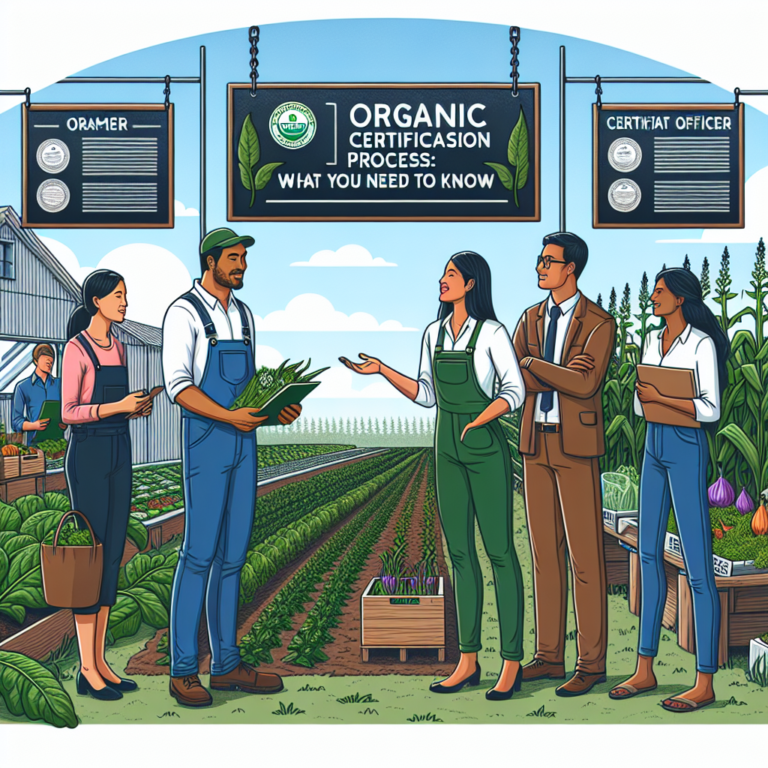Organic products have become increasingly popular in recent years, as consumers become more conscious of what they are putting into their bodies. The demand for organic food, skincare, and household products has led many businesses to seek organic certification to better market their products to this growing market. However, navigating the organic certification process can be a daunting task for many producers. Here is what you need to know about getting your product certified organic.
First and foremost, it is important to understand what organic certification means. The term “organic” refers to the way agricultural products are grown and processed. Organic farming practices prioritize soil health, biodiversity, and ecological balance, while avoiding the use of synthetic pesticides, fertilizers, and genetically modified organisms. To be certified organic, products must adhere to strict guidelines set forth by organic certifying organizations, such as the United States Department of Agriculture (USDA) or the Organic Food Federation.
To start the certification process, producers must first ensure that their products meet the organic standards set by the certifying agency. This may involve switching to organic farming practices, sourcing organic ingredients, and implementing proper record-keeping and documentation procedures. It is important to note that the certification process can be time-consuming and costly, so it is important to fully understand the requirements before beginning the process.
Once the product meets the organic standards, producers can apply for certification through a certified organic certifying agency. The certifying agency will conduct an on-site inspection of the production facilities and review the records and documentation to ensure compliance with organic standards. If the product meets the requirements, the producer will receive an organic certification which allows them to use the “certified organic” label on their products.
It is important to note that organic certification is not a one-time process. Producers must undergo regular inspections and audits to ensure continued compliance with organic standards. It is also important to keep detailed records of all production practices and inputs to maintain organic certification.
In conclusion, navigating the organic certification process can be a complex and time-consuming task, but it is well worth the effort for producers looking to tap into the growing organic market. By understanding the requirements, preparing for inspections, and maintaining proper documentation, producers can successfully achieve organic certification for their products. Organic certification not only allows producers to market their products as organic, but also assures consumers that their products are produced using sustainable and environmentally-friendly practices.










